You've probably seen your cat digging in the garden soil or in the litter box to cover its waste.
But your little companion may also scratch the floor with its paw, especially around the food bowl, and for entirely different reasons. In this article, we explain why your cat scratches around its bowl.
Your cat scratching around the bowl: an instinctive behavior
Scratching the floor after a meal is a deeply rooted behavior in our cats! It's an instinct they've carried since ancient times.
In the wild, cats bury the remains of their prey. For two main reasons:
-
Meat spoils quickly
-
The smell could attract other predators
By doing so, they protect their food stash. Sometimes, they may even return to scratch the soil again if the smell is still too strong. Clever little creatures, aren’t they?
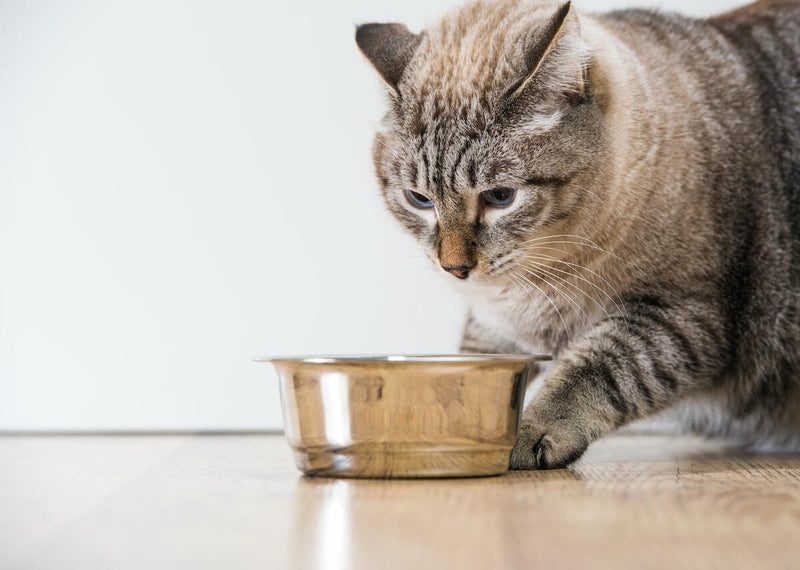
Your cat is marking its territory by scratching
Our feline friends no longer need to bury their prey to survive – we provide them with delicious kibble and pâté. And when your cat scratches around the food bowl, it knows perfectly well it isn’t burying prey.
It’s simply acting on instinct – just like when hunting. So there's no point in scolding your cat for scratching around its bowl. They won’t understand and it could harm your bond with them.
A form of communication
Scratching is also a way of marking territory and signaling to other cats: This is MY food.
In fact, your cat’s paw pads secrete pheromones via special glands called pedal glands.
Scratching isn’t just about sharpening claws – it’s also an opportunity for cats to leave pheromones on surfaces. By scratching around the bowl, they’re communicating with other cats.
If you're worried about floor damage, you can place non-slip mats under the food bowls.
What exactly are pheromones?
The word "pheromone" comes from the Greek pherein (to carry) and hormon (to excite). Pheromones are volatile substances secreted by an individual that can be detected by another of the same species.
Cats perceive them using the vomeronasal organ (or Jacobson’s organ).
Pheromones are released from various parts of the body: the pedal glands, the sebaceous glands (between the mammary lines), anal glands, chin glands, cheek glands, and the whisker area (commonly called "whiskers").
However:
If your cat scratches the floor or walls in places other than around the bowl, it might mean they’ve eliminated outside the litter box. This could be a sign of poor litter habits. If your cat pees everywhere, we’ve got helpful tips to guide you on how to address it.


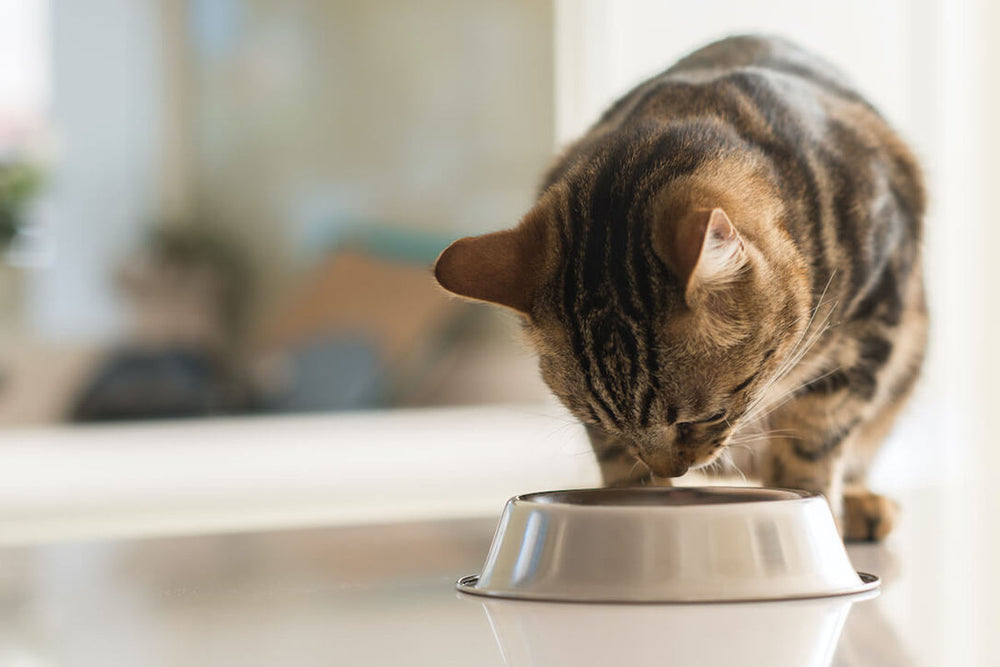
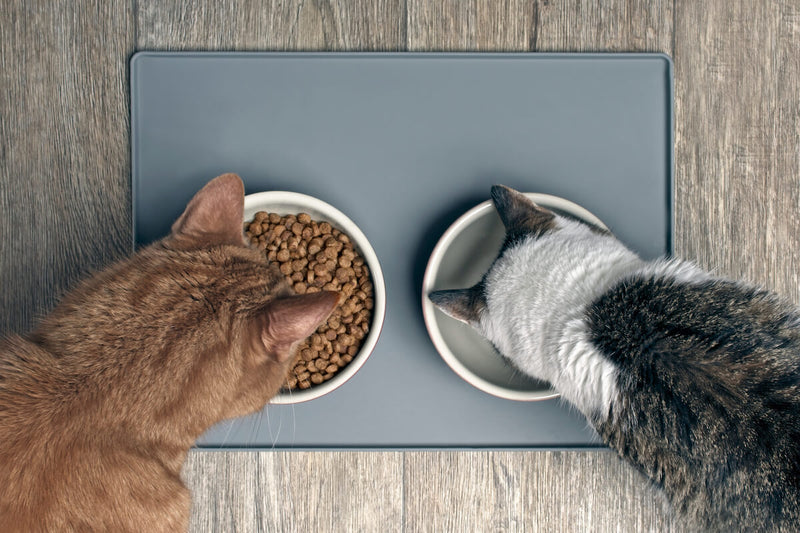
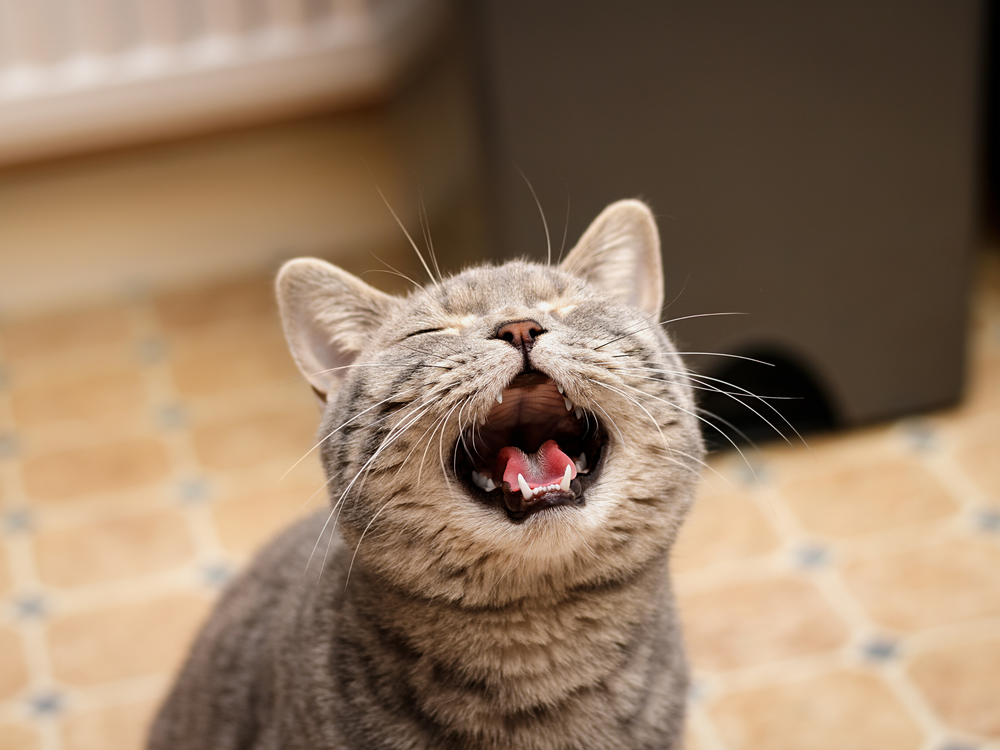
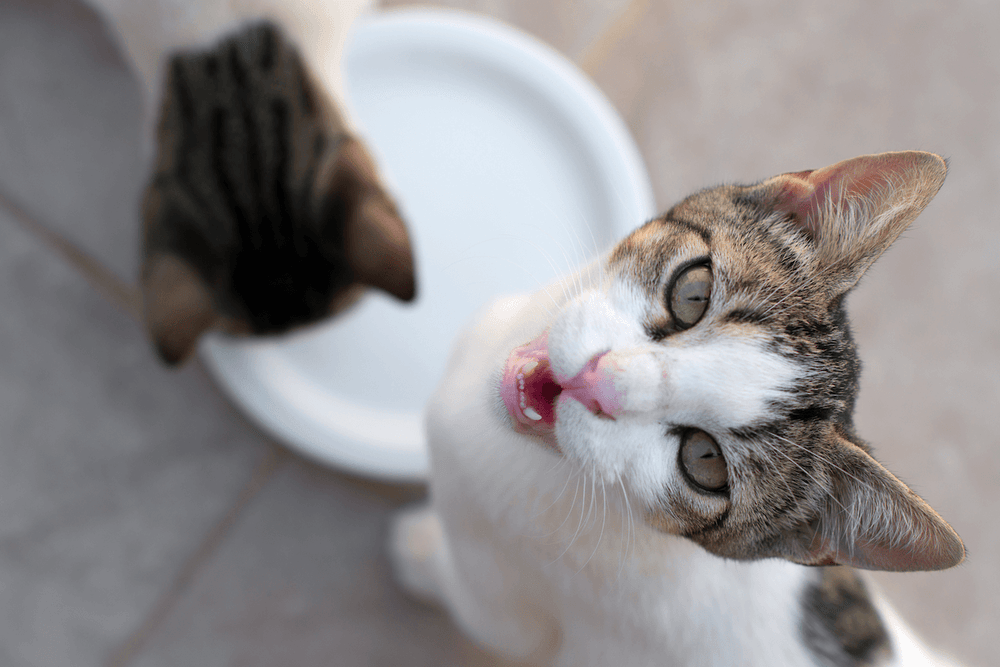
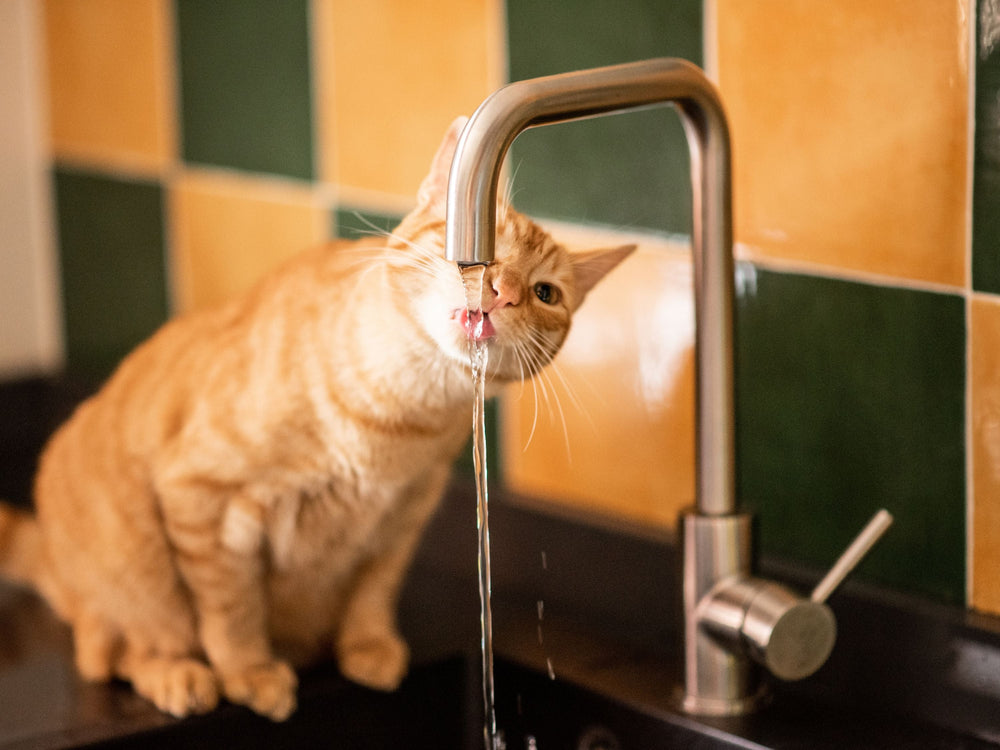
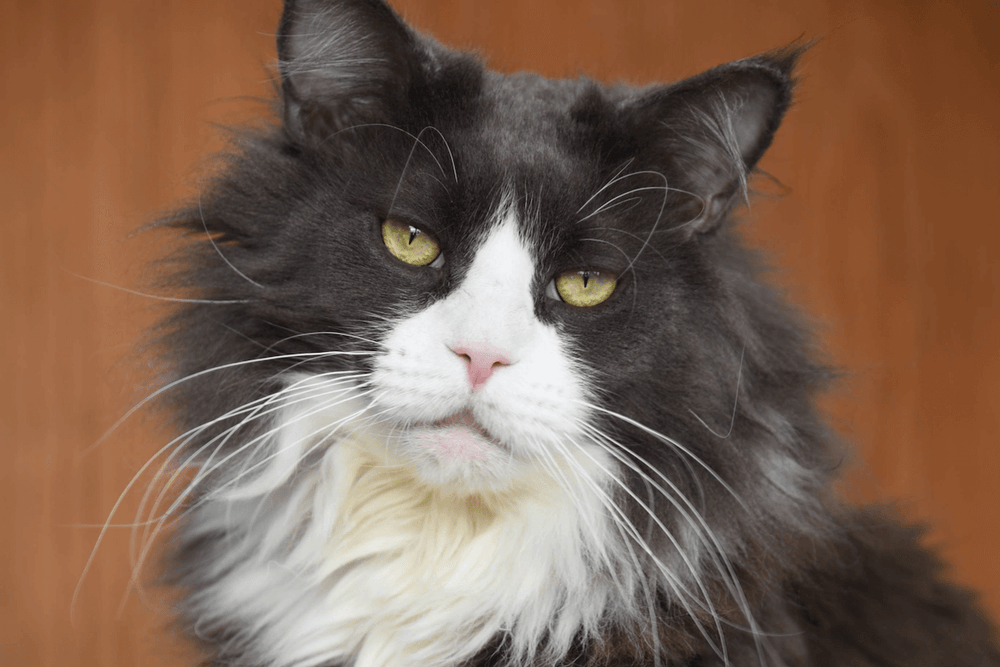
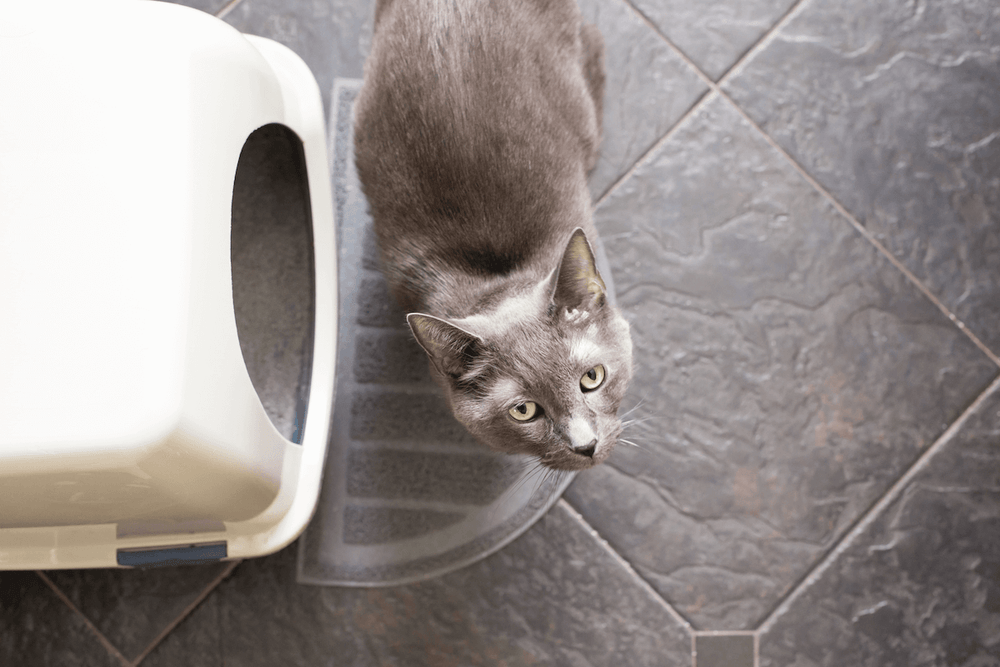
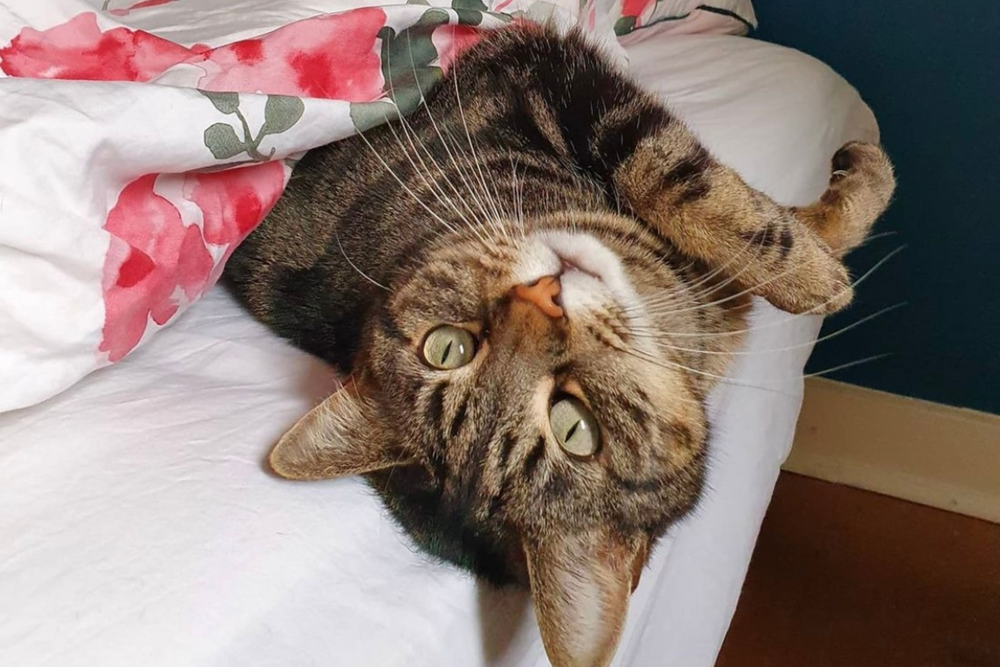
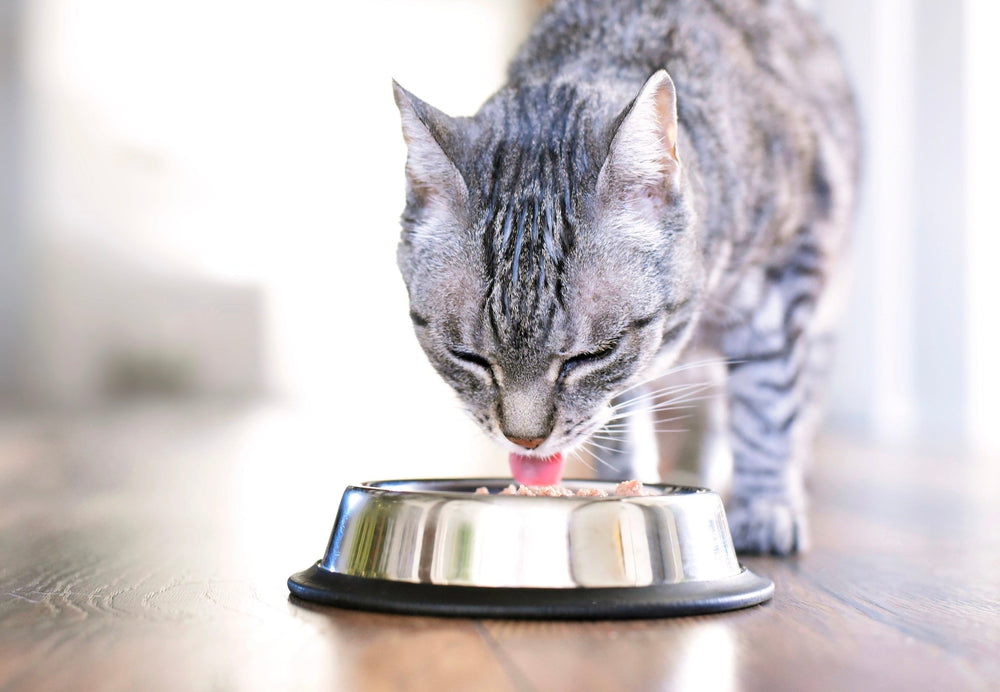
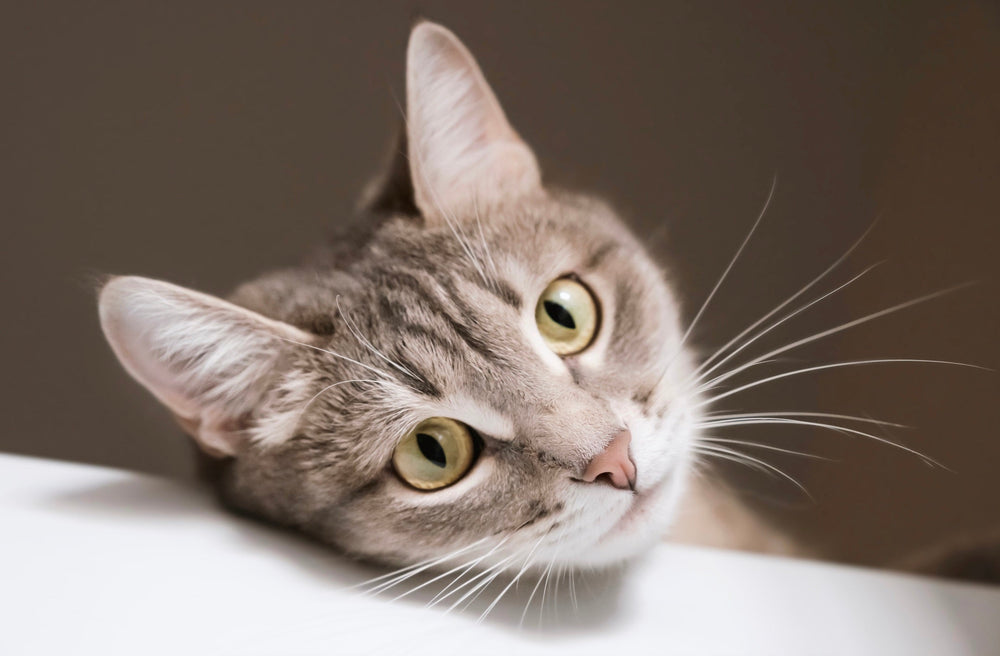
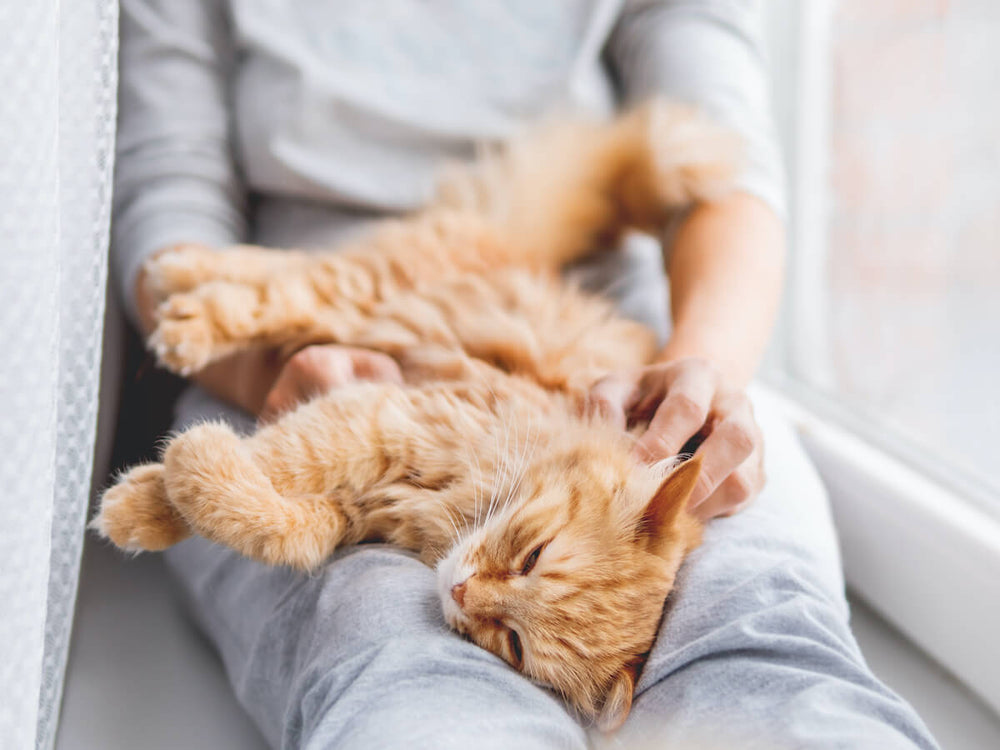
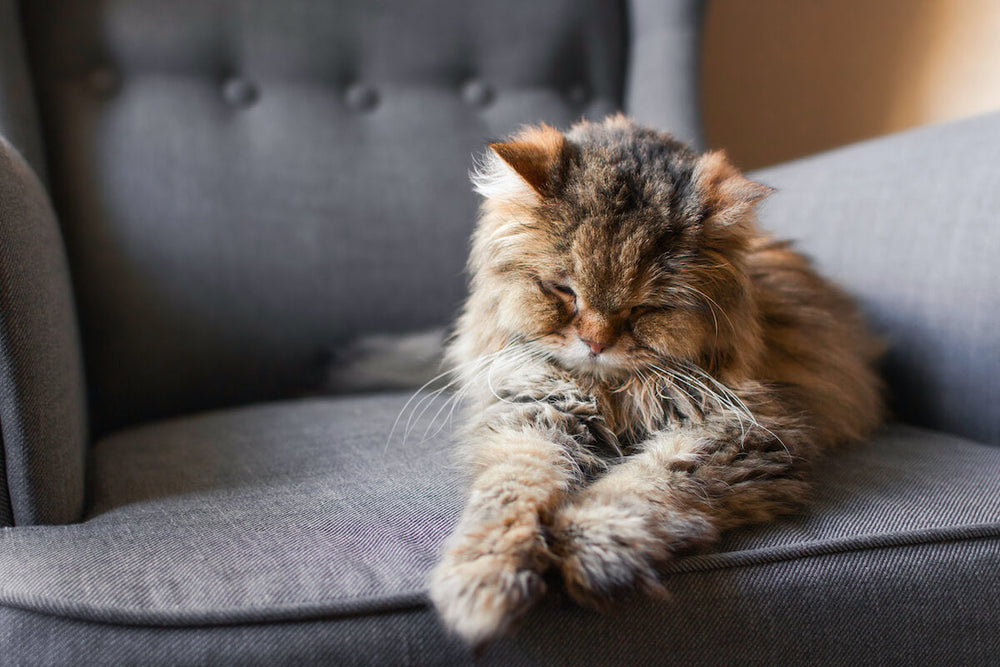
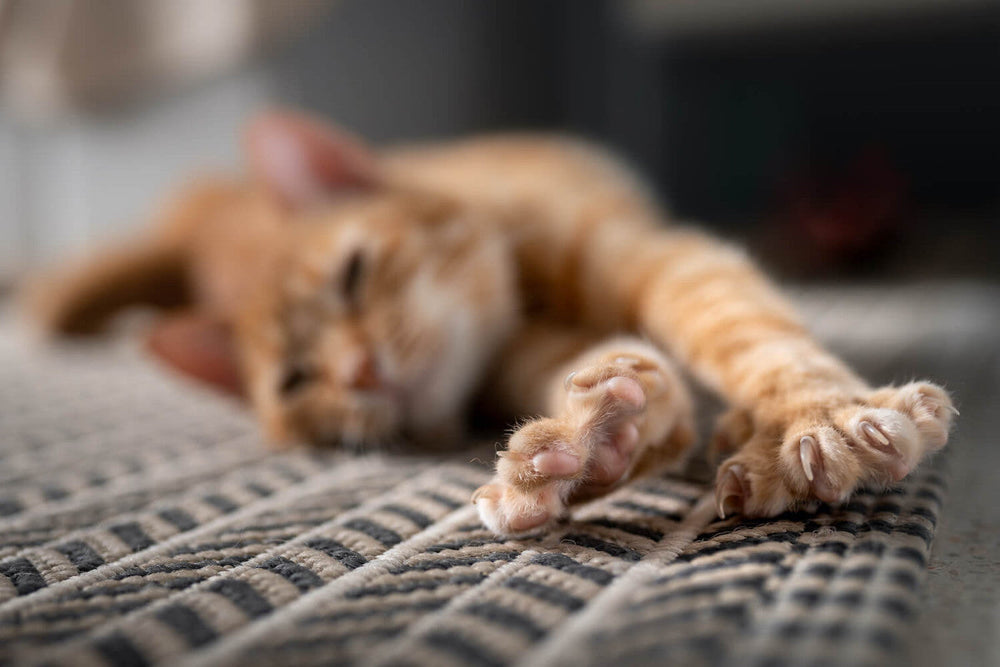
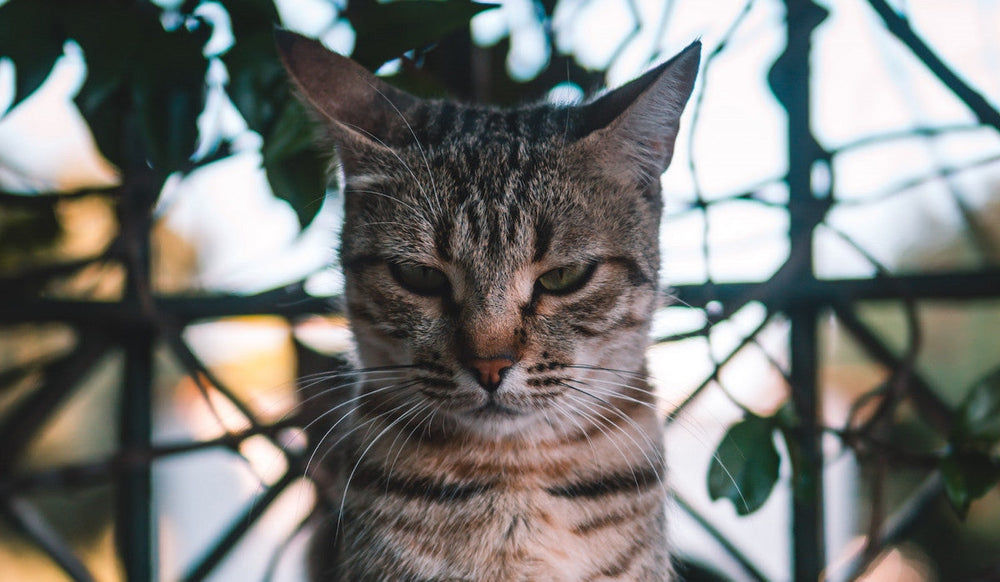
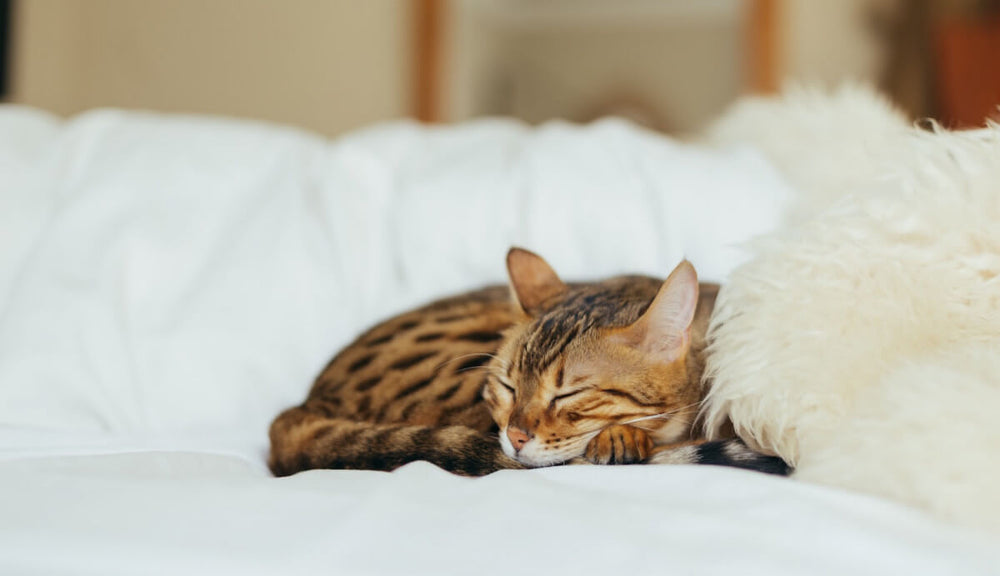
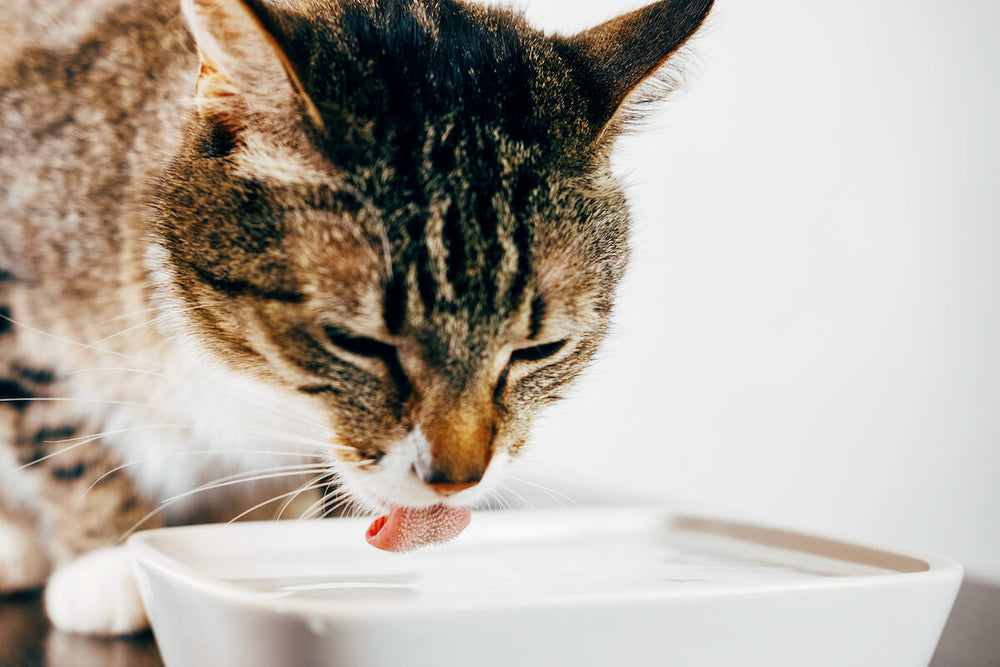
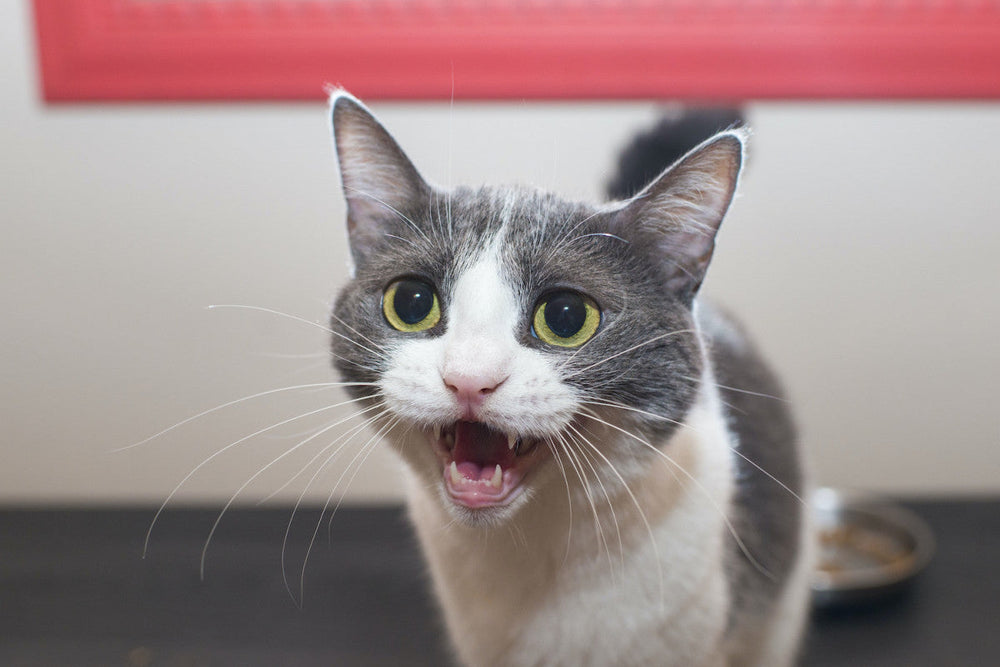
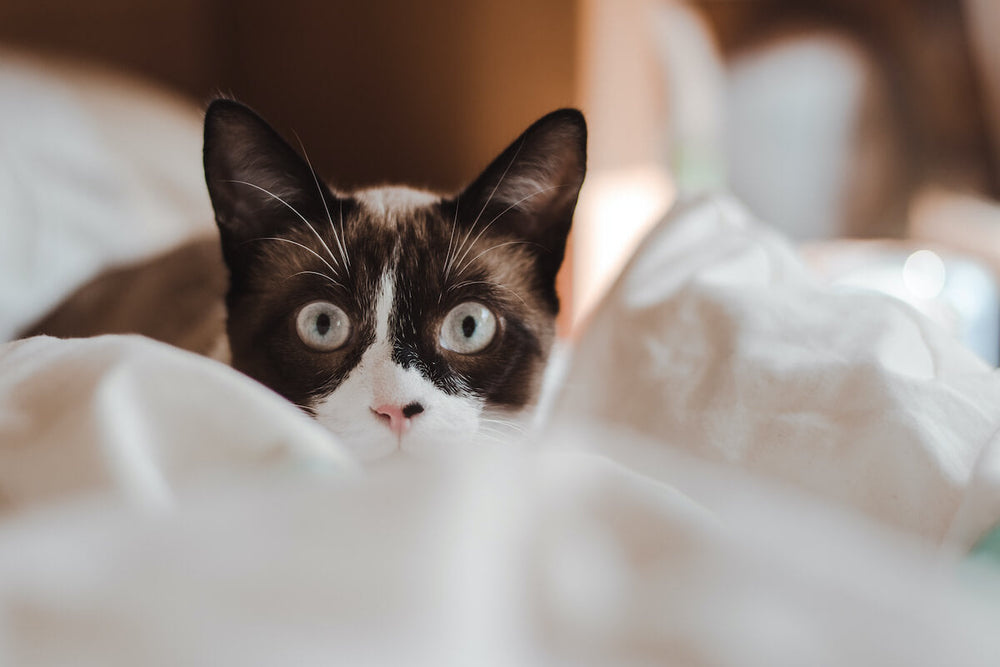
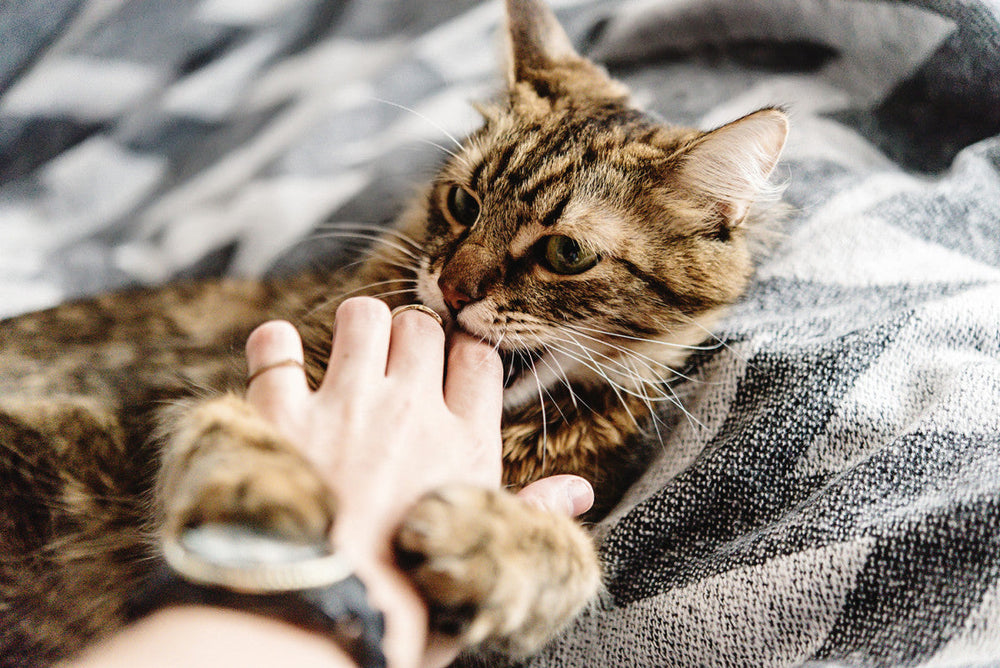
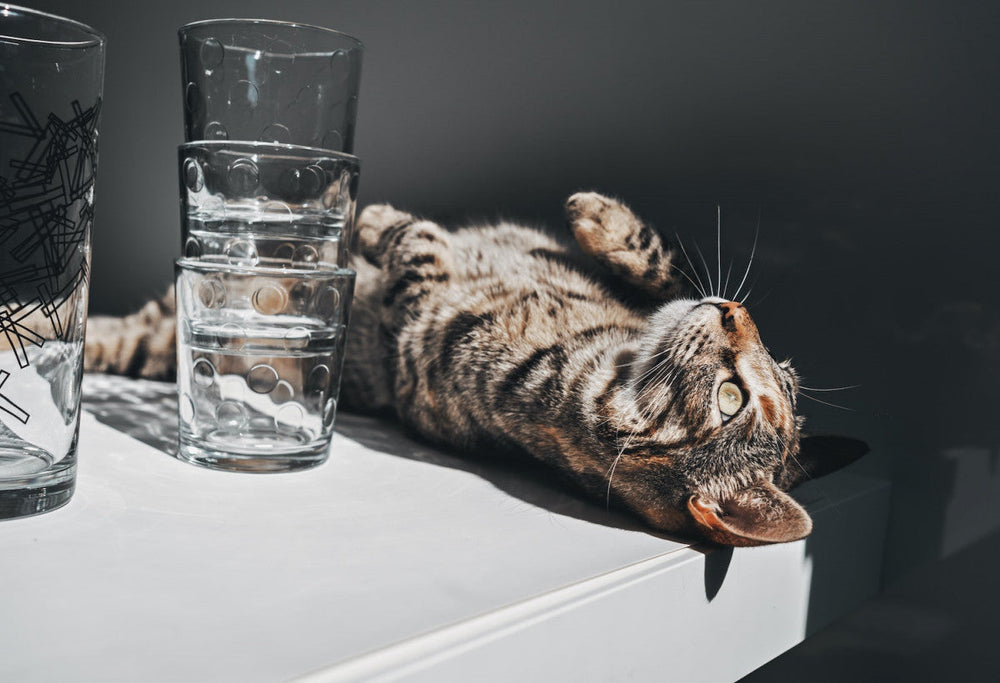
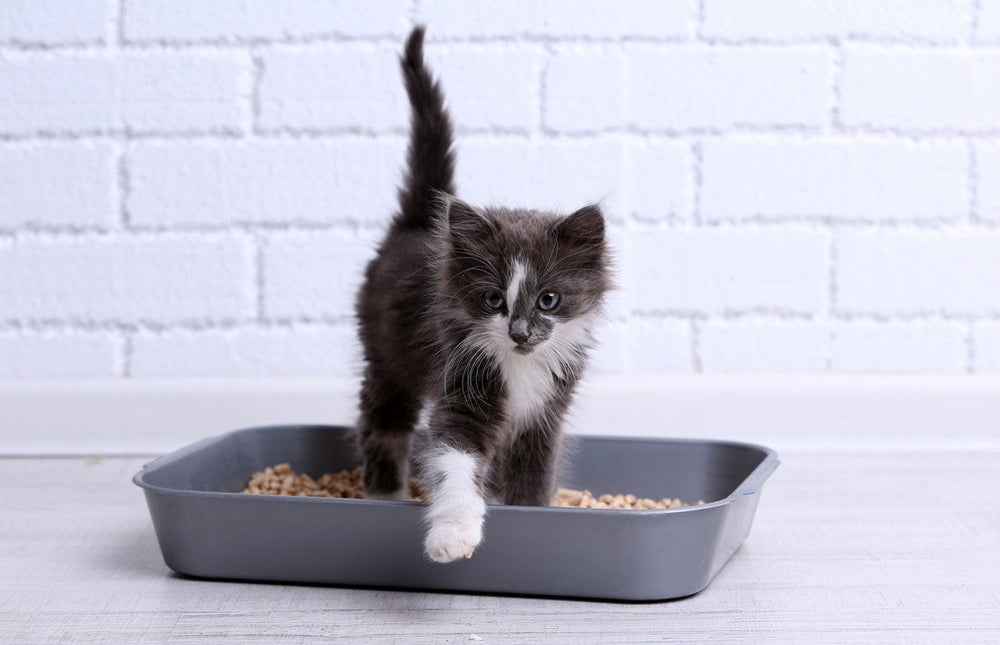



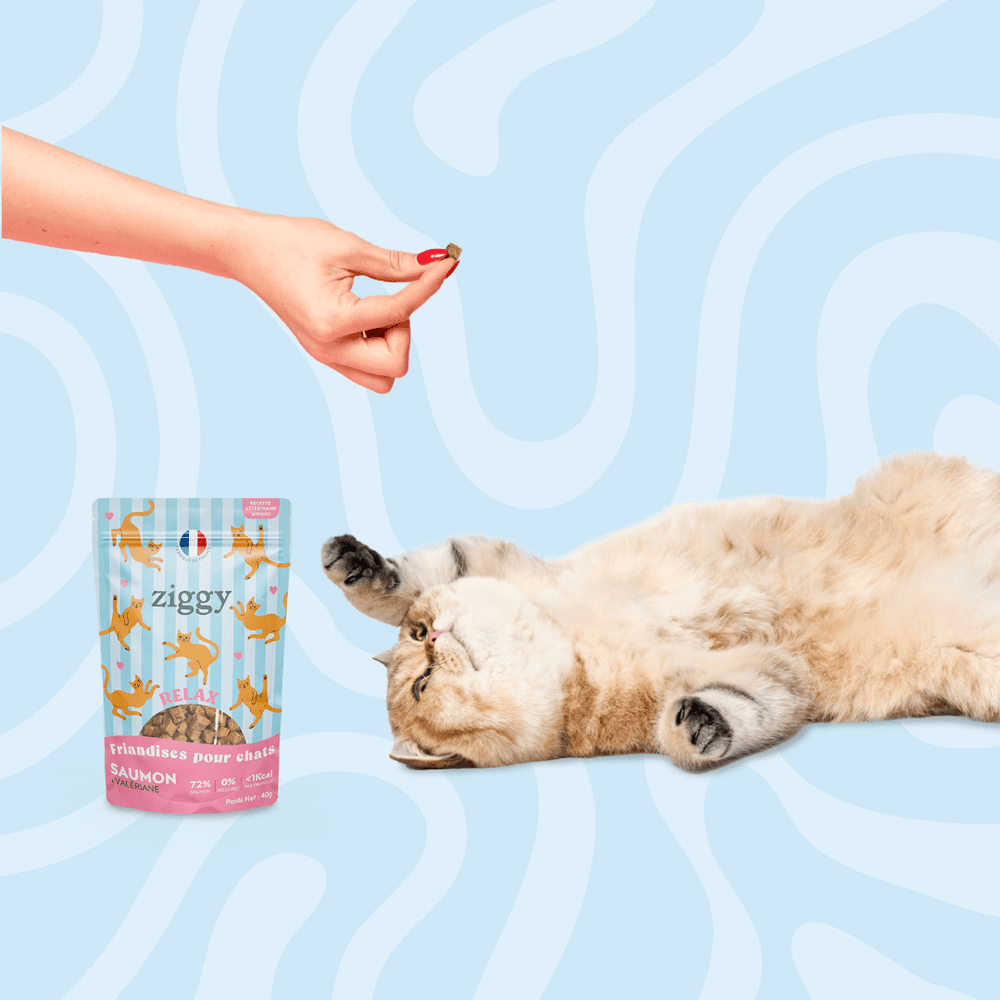



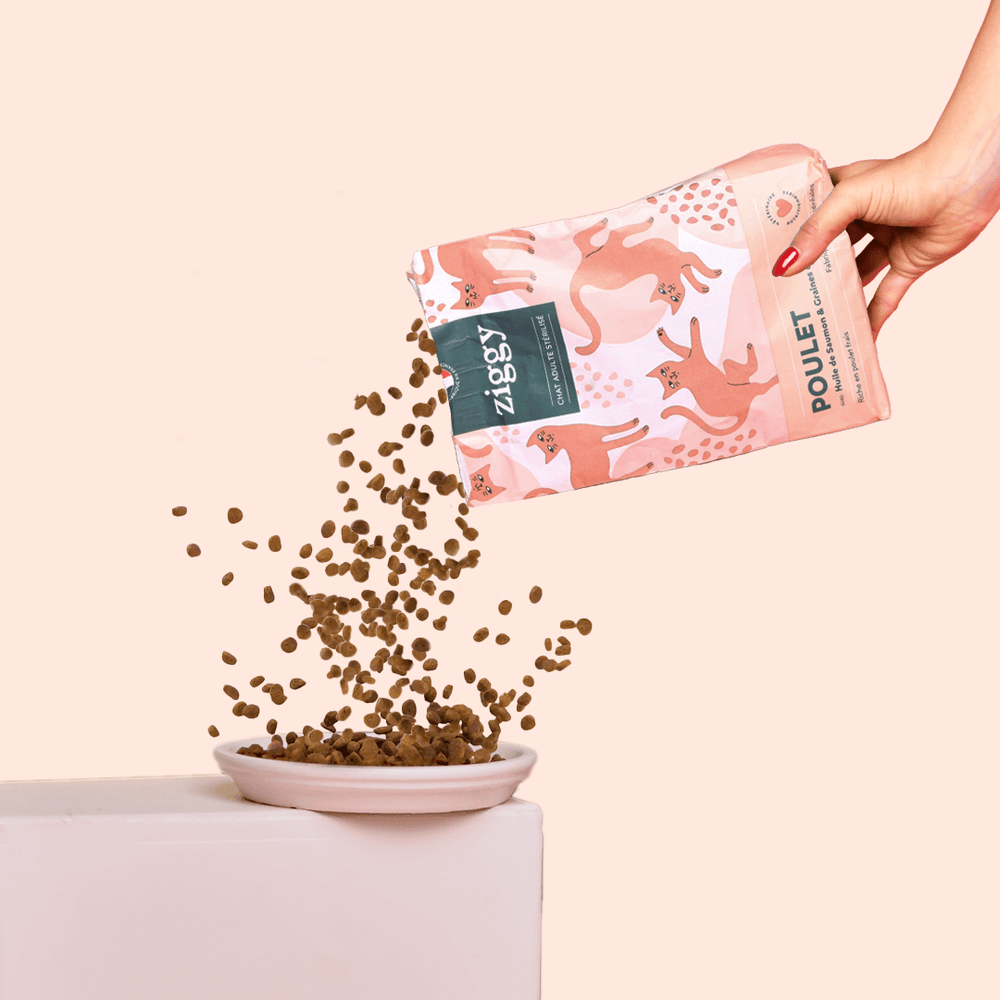


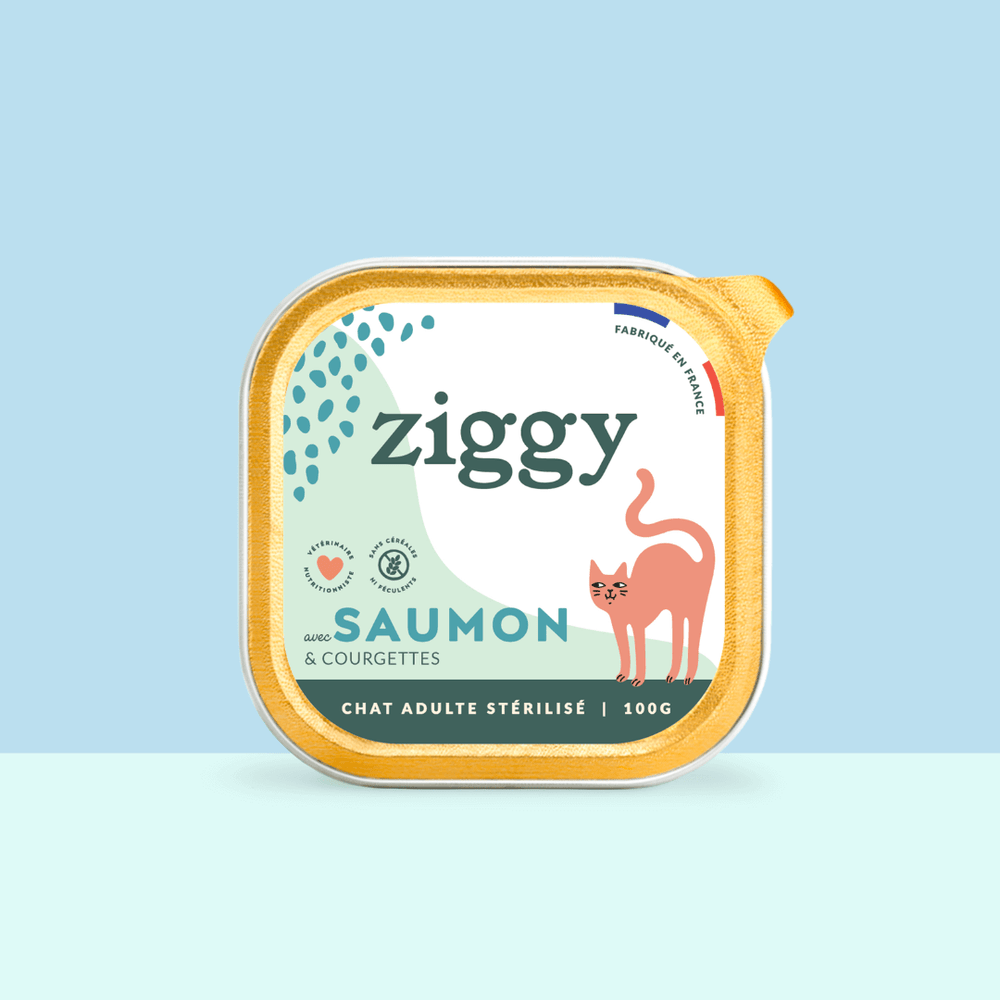


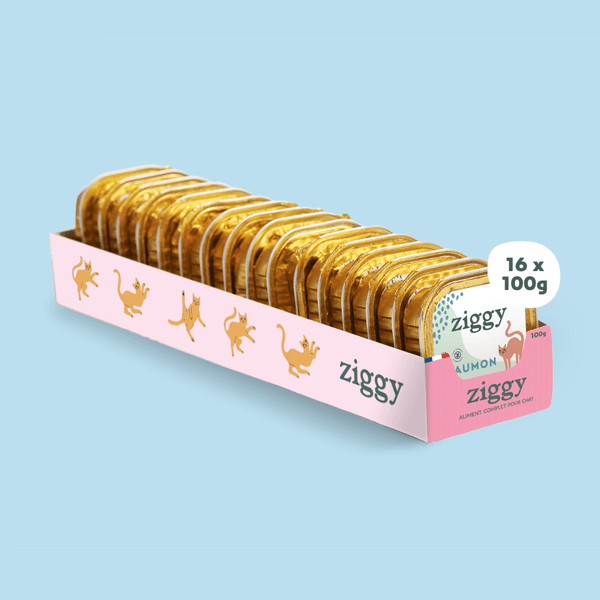




Leave a comment